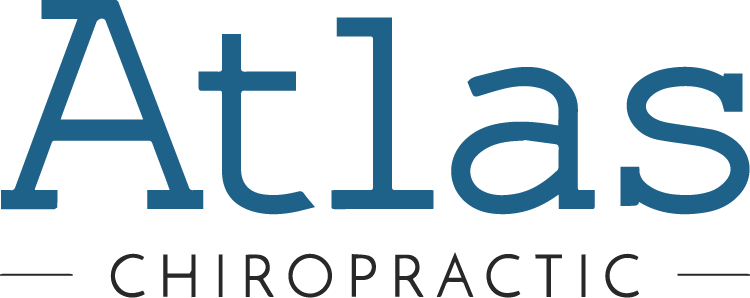This post contains essential tips for those of you seeking treatment from Dr. Bremner for injuries caused by someone else. I am Colorado personal injury attorney Vernon Ready, and I help injury victims get full and fair compensation for losses caused by the negligence of others. More information about my practice is available at www.ready-law.com.
I always want to know the following from prospective clients:
what treatment they have had for their injuries;
how long they waited before commencing treatment;
whether their treatment has been consistent; and
how compliant they were with their provider’s instructions.
Read on to learn why these issues are so fundamental if you hope to get full and fair compensation in your personal injury case.
Mistake #1: Failure to Treat
The first and worst mistake an injury victim can make is failing to seek any treatment or care for their injuries at all.
Don’t “tough it out” or “walk it off.” Failure to obtain the appropriate treatment can make your injury worse. Of course, insurance companies and their lawyers know that. If you do not get proper treatment, the other side will blame you for making your condition worse.
People who are injured in Colorado, even if the injury is not their fault, have a legal duty to make reasonable efforts to mitigate their damages. In other words, the law requires that you do your part to get better. There are no exceptions for busy people or for those who would rather “tough it out.”
Insurance adjusters and jurors also look to medical treatment as an indication of how serious an injury is. Failure to treat at all can send a message to all involved that you did not believe your injury was severe enough to seek treatment. As a result, your claim might be taken less seriously.
Mistake #2: Delayed Treatment
The more time passes between an injury and treatment, the less likely the injury victim is to receive full compensation. Waiting too long to start treatment feeds into the defense argument that you made your condition worse. Defense attorneys and insurance adjusters may also claim delayed treatment is unrelated to the injury in question.
Ideally, someone hurt in a car crash will seek evaluation and treatment on the day of the accident. Sometimes injury victims are not even aware of their injuries immediately. When you’ve been hurt in a car accident, you may be in shock, focused on helping someone else, dealing with the at-fault driver, talking with police, reporting the collision to your insurance, wondering how you’re going to get to that important meeting at work, or several of those all at once. It is understandably difficult to get an accurate sense of what your injuries are with all that going on. If I broke a leg on the way to court, I might try to hop the rest of the way. Your adrenaline will be up. There will be so many things on your mind at once. For these reasons, some people do not even notice they are in pain until hours later, or even the next day.
As a general rule, if you are offered an examination at the scene of a crash, or offered treatment of any kind, it is better to accept than to decline. Given all the distractions mentioned above, it can be hard to diagnose yourself or accurately determine how severe an injury is without proper examinations and imaging.
Follow up with primary care providers and spine specialists like Dr. Bremner can be especially important to ensure a thorough and accurate diagnosis. Emergency care can be beneficial for identifying major life-threatening conditions and significant fractures. However, many injury victims with neck pain are often diagnosed with cervical strain at an emergency room and discharged. Those discharge instructions are almost always going to contain instructions to follow up with additional care providers, and for good reasons. It is very important to seek out all appropriate follow-up care. Emergency care is not intended to fully diagnose and resolve every injury and issue common to car accident injuries.
Delay in treatment is just as harmful to your legal case for other types of injury. The sooner a person can have injuries diagnosed and treated, the harder it will be for the at-fault party and their lawyers to argue that the pain was not serious, the injury was not real, or the injury and pain were results of some other intervening cause.
Mistake #3: Overtreating
Listen to your treatment providers. Follow their advice. Attorneys on both sides of injury cases will sometimes attempt to dictate or limit medical treatment. Most lawyers are not qualified to prescribe to clients exactly what their treatment should consist of, how long it should take, what the schedule should be, etc. Of course, we can suggest someone see a particular provider when we know that the provider has helped others with similar injuries. We can offer opinions about whether payment for specific treatments is more or less likely to be compensated. However, attorneys should not be treatment planners or decision-makers concerning which procedures are appropriate or most likely to be effective. Dr. Bremner sometimes examines a patient and, based upon her examination, she can tell him he needs no adjustment on a given day. It is the provider’s role to determine when treatment is required, which procedures are appropriate, and attorneys and insurance adjusters are generally not qualified to do so.
Attempting to obtain compensation for treatment that is unrelated to the injuries that are the subject of your lawsuit is an abuse of the legal system. This mistake can result in a loss of legitimate compensation.
Mistake #4: Inconsistent treatment
Compliance with provider instructions is critical to anyone who hopes to both heal quickly and to be compensated for their injuries. If a doctor suggests exercises, do them. If a doctor schedules treatment, show up for it. This does not mean a patient must always have surgery just because a doctor suggests it. However, if a person takes a 30-day vacation from ongoing treatment and starts again upon her return, her injury case probably just lost value. There will be an assumption that if you could take a break from treatment, the condition must not be too bad. It may be possible to refute that assumption, but it may not. The self-serving thinking within the insurance industry is that maybe the treatment is not actually even needed if it can all be put on hold for the sake of a busy schedule or a trip out of town. This may not, in reality, be the case at all. However, if there is a break in treatment or treatment is inconsistent, expect to hear arguments like these.
Breaks in treatment and inconsistent treatment are among insurance company’s favorite excuses to offer less money on an injury claim. Failure to show up for appointments and failure to do home exercise routines will allow insurance adjusters and defense attorneys to claim the patient was not compliant with treatment and failed to make reasonable efforts to get better.
Mistake #5: Early termination of treatment
Sometimes a client gets started in treatment right away and does a great job of being compliant with their doctors and therapists. Then at some point along the way, they drop out of treatment. Terminating treatment before being discharged by a provider is another form of non-compliance with a doctor’s recommendations. Sometimes patients believe they have sufficiently recovered, even where a treatment provider thinks they need more work to strengthen healing areas. If those patients stop treatment and the pain returns, any later treatment might not be compensated. Ending treatment before the provider discharges a patient can reverse progress and leave accident victims paying out of pocket for treatment that otherwise could have been compensated by the wrongdoer who caused the initial injury.
Why It Matters
If you have been injured due to someone el
se’s negligence, it is important to know that seeking compensation can not only help you pay for all the medical treatment you need, but can help prevent others from being injured too. The mistakes listed above can undermine your ability to pay for your treatment and can even prevent you from being able to hold wrongdoers accountable.
I help injured people recover compensation for their injuries. In doing so, I help injured victims hold wrongdoers accountable and make a real difference for others by preventing future injuries. Feel free to visit www.ready-law.com for more information or call 303-993-5512 to schedule a free, no-obligation consultation now.
Thank you to Dr. Alison Bremner for helping get the word out about these important issues!

Schedule your FREE 15 minute consultation with Atlas Chiropractic
At Atlas Chiropractic, our Greater Boulder area chiropractors specialize in providing relief for individuals experiencing back, neck, or shoulder pain, as well as those dealing with headaches or vertigo. We offer specialized chiropractic care and tailored spinal adjustments, along with expert opinions and advice.





